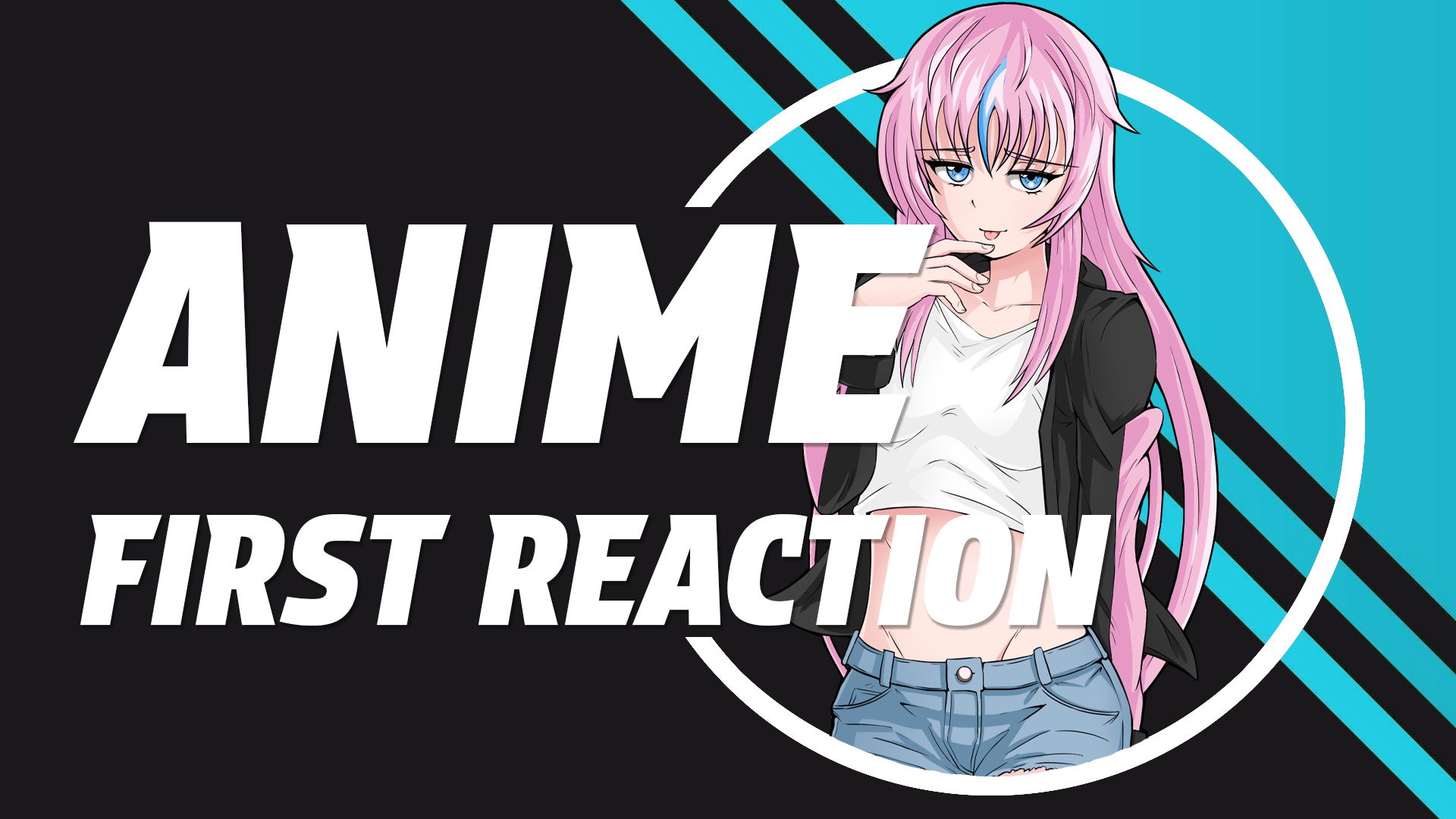I always have a soft spot for shows about making manga, so when I read the premise of Egao no Taenai Shokuba desu (A Mangaka’s Weirdly Wonderful Workplace), I figured a comedic spin on it would be quite refreshing. After watching the first episode, I can say that it was quite the experience, but was it the kind that would keep me interested for the long haul?
Let’s go!
First Episode Synopsis
We open with… the show’s opening? That’s a rarity, especially for a first episode. Sadly, the opening AMV wasn’t anything to write home about. If you’ve heard one bright and happy, yet borderline cute electronic j-pop opening, you’ve heard them all. Suddenly, I don’t feel so good going into this because when a show opens up with its actual opening, that’s usually a bad sign. But we’ll see.
We get through the opening and meet Nana Futami, a 25-year-old mangaka with a severe case of social anxiety, along with her assistant Mizuki Hazama, or Ha-san for short. Futami finishes her storyboard, but freaks out over sending it to her editor, Kaede Satou, because it’s 2 AM. Her imagination runs wild, and she thinks that because her editor is a hot woman, she’s out romancing the town, picking up men. She can’t decide whether to fax or email her, and it’s up to Ha-san to calm her down (this will be a trend).
Once she becomes too indecisive, Ha-san just faxes the storyboard over, which gets approved some twenty minutes later. We then see Satou invite Futami to the editing department for Clover magazine because she wants to discuss her color artwork, along with some logo samples. Of course, Futami is a hot mess, gets off at the wrong station, and gets locked out because apparently, they’re closed at 6 PM, yet Satou invited her when they were closed? That’s a bit odd, but nevertheless, Satou and her junior editor, Shiori Asakura, go out to meet her. Satou forgot the logos and excuses herself. That’s when Asakura and Futami talk about how Satou never praises her work, when in reality, Satou is just as shy and nervous as Futami is, but never opts to show it!
The episode ends when Satou takes it upon herself to surprise Futami by visiting her at her apartment. This, of course, triggers Futami as she goes into panic mode, but she ends up leaving for an impromptu meeting anyway.
Worth Watching?
MAYBE – My biggest issue stopping me from giving this a resounding YES is the fact that Futami is WAY too over-the-top with her reactions. It’s not funny and just downright embarrassing to watch her overreact in the most horrible ways. There are ways to portray social anxiety, and while I will admit, some of Futami’s moments are cute and tender, the majority of the time, her reactions are just so overblown, you can’t take her seriously.
But J.J., isn’t that the point of a comedy? To not take it seriously?
Yes, but that’s not what I mean. I mean that I can’t connect with her as a character, and her constant screaming makes me want to yell at her to STFU rather than laugh. The comedy feels extremely forced, which is not a good thing.
So, why give this a MAYBE instead of a NO?
Because when you subtract Futami completely, the rest of the show is actually pretty damn good. Satou is how the social anxiety aspect should be played comedically. Asakura adds a nice balance to everything as she seems to be Satou’s voice of reason, much like Ha-san is Futami’s. Then, we have a weird and creepy editor named Toda who seems to have a past with Futami. I’m guessing he was her editor previously, which opens up the chance for some character development later on.
For a forced comedy that’s not all that funny overall, there seems to be some nice structure here, so much so that it might be worth overlooking the disaster that is Futami as a character. But again, she’s not a complete disaster, as she has some rather cute moments. I just wish there were more of those and less of her screaming all the damn time.
That’s why I’m holding onto hope…. That the rest of this show can carry it, and maybe Futami will get less screamy and more enjoyable. That’s why I’m going to give this a few more episodes before I make a final judgment call. We have potential here; now it’s up to the show to prove to me that it can reach it.


